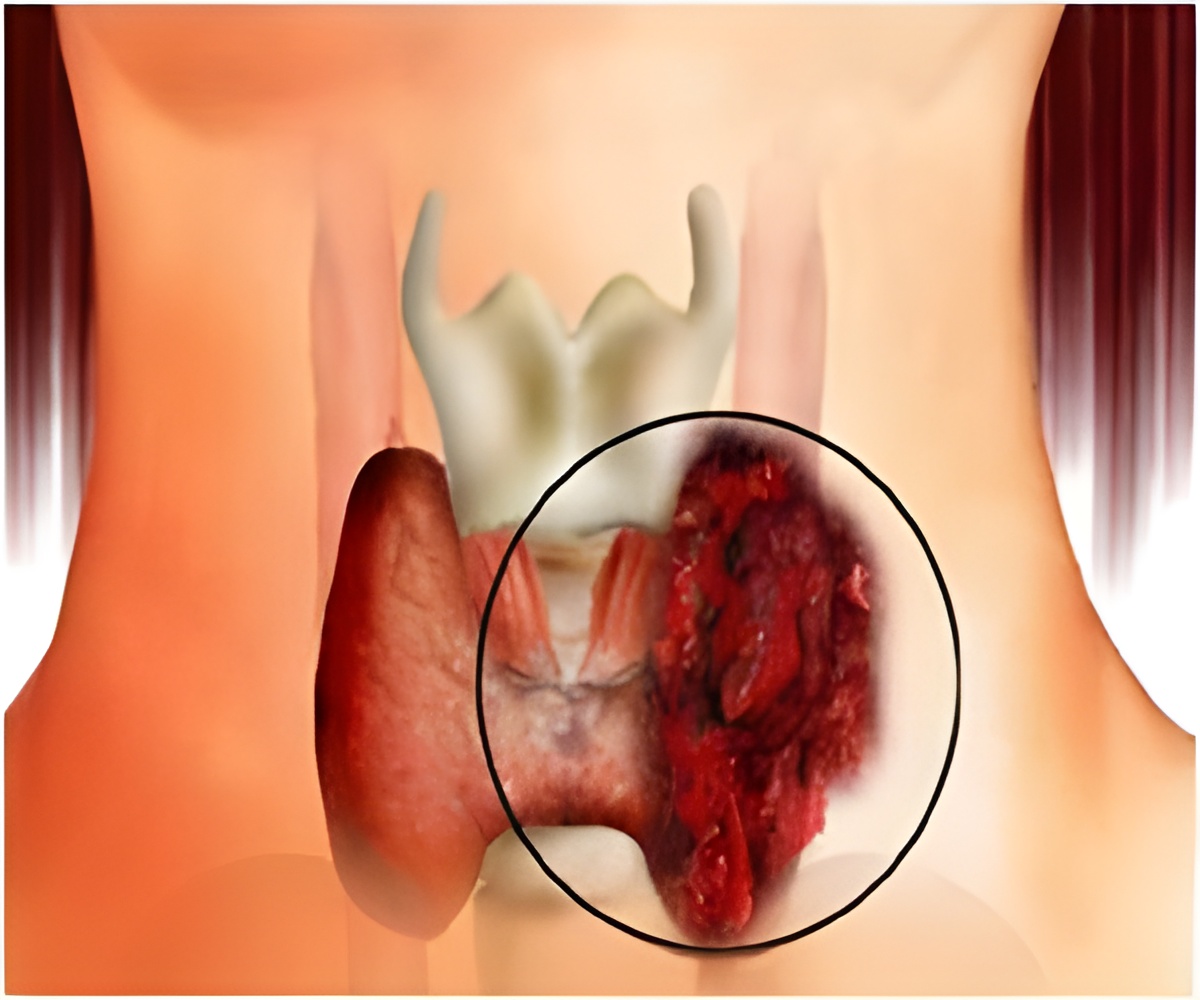Untreated primary hyperparathyroidism (a common hormone disorder) means a 51% increased risk of hip fracture and a 45% boost in a heart attack or stroke risk.

TOP INSIGHT
The study shows that the elevated risks of hip fracture, heart attack, and stroke decreased significantly for patients who underwent surgery.
Primary Hyperparathyroidism
Primary hyperparathyroidism is a common hormone disorder, especially among the elderly. It occurs more often in women, and some 3% of postmenopausal women are affected. Rather than causing specific symptoms, it is often detected by chance in connection with blood tests, which then show elevated calcium levels and normal or elevated parathyroid hormone levels. This disturbed calcium balance in the blood can cause kidney, skeletal, and cardiovascular damage.Previous studies have linked primary hyperparathyroidism to osteoporosis and cardiovascular disease. However, since these studies have been few and small, the association has been debated.
Many Complications
This study, published in the journal JAMA Network Open, is based on national register data from the Swedish National Board of Health and Welfare. All the 16,374 patients included were diagnosed with primary hyperparathyroidism sometime between 2006 and 2017. Each was compared with ten control individuals from the population born in the same year, of the same sex, and residing in the same county.“The increased likelihood of these complications highlights the importance of identifying patients with this hormonal disease,” says Kristian Axelsson, a researcher at the University of Gothenburg, resident in general medicine within the public primary care in Region Västra Götaland, and the study’s first author.
Surgery Reduces Risks
An operation to remove the parathyroid glands (parathyroidectomy), entirely or partially, is the only definitive treatment for primary hyperparathyroidism. Patients who meet special criteria may undergo surgery. Careful monitoring is recommended for those who do not.“The study indicates that surgery reduces the risk of osteoporosis fractures, fall injuries, and death in cardiovascular events, and these are vital findings that may lead to more patients being selected for surgery. Our results support the view that patients’ cardiovascular risk, as well as the high fracture risk, should be considered in surgery decisions,” says Mattias Lorentzon, Professor of Geriatric Medicine at the University of Gothenburg, Chief Physician at Sahlgrenska University Hospital, and senior author of the study.
Source-Eurekalert
 MEDINDIA
MEDINDIA




 Email
Email










